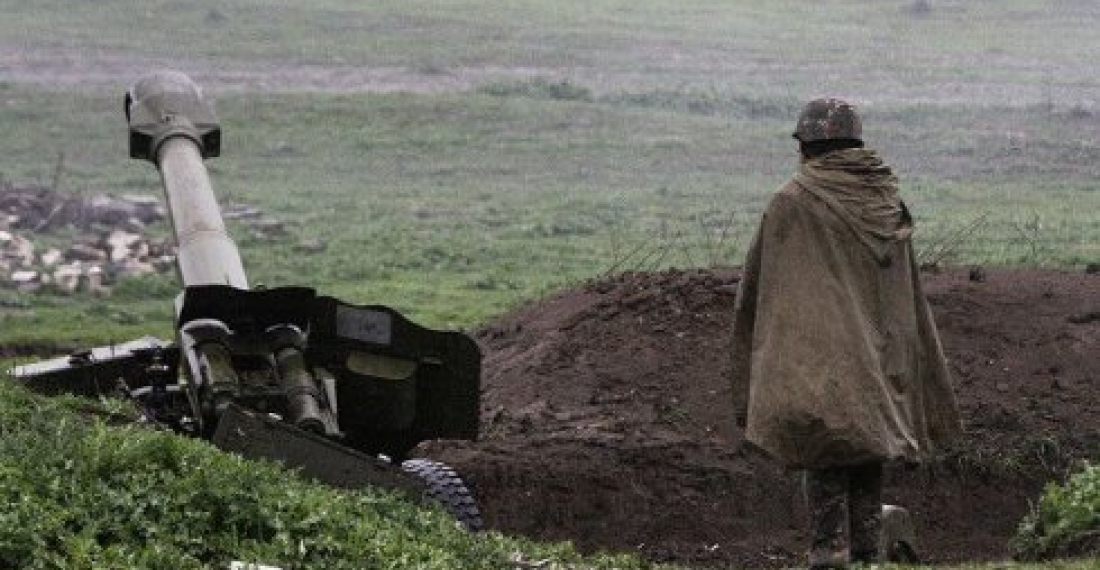Armenian sources are reporting that a soldier in a unit of the self-declared Nagorno-Karabakh Republic was killed as a result of gunshot wounds on Monday afternoon (16 January). The serviceman was named as Arayik Sargsyan, aged 21a resident of Nagorno-Karabakh. Armenian media says that he was killed by a gunshot wound "in unclear circumstances".
Earlier Armenian sources said that another soldier that had been injured on 30 December in the Karabakh conflict zone, 22 year old Garik Vardanyan, died in hospital in Yerevan on Sunday night. Garik Vardanyan was from Aygestan village of Armenia's Ararat Province.
On Sunday the Azerbaijani Defence Ministry announced that serviceman Fikrat Bashirov "was killed as Armenian armed forces shelled the positions of the Azerbaijani army". It however gave no further details.
On Monday Azerbaijan accused Armenia of aggravating the situation on the front line.
An Azerbaijani military spokeperson told the news agency APA that "starting 15 January in the evening, Armenia's armed units began shelling the positions of the Azerbaijani army using 60, 82 and 120mm mortars". It said it had not suffered casualties as a result.
Commonspace.eu relies on information in the Armenian and Azerbaijani media for reports of incidents on the line of contact, and is not able to confirm or otherwise the accuracy of these reports.
source: commonspace.eu with agencies
photo: Line of contact in the Karabakh conflict zone (archive picture)






